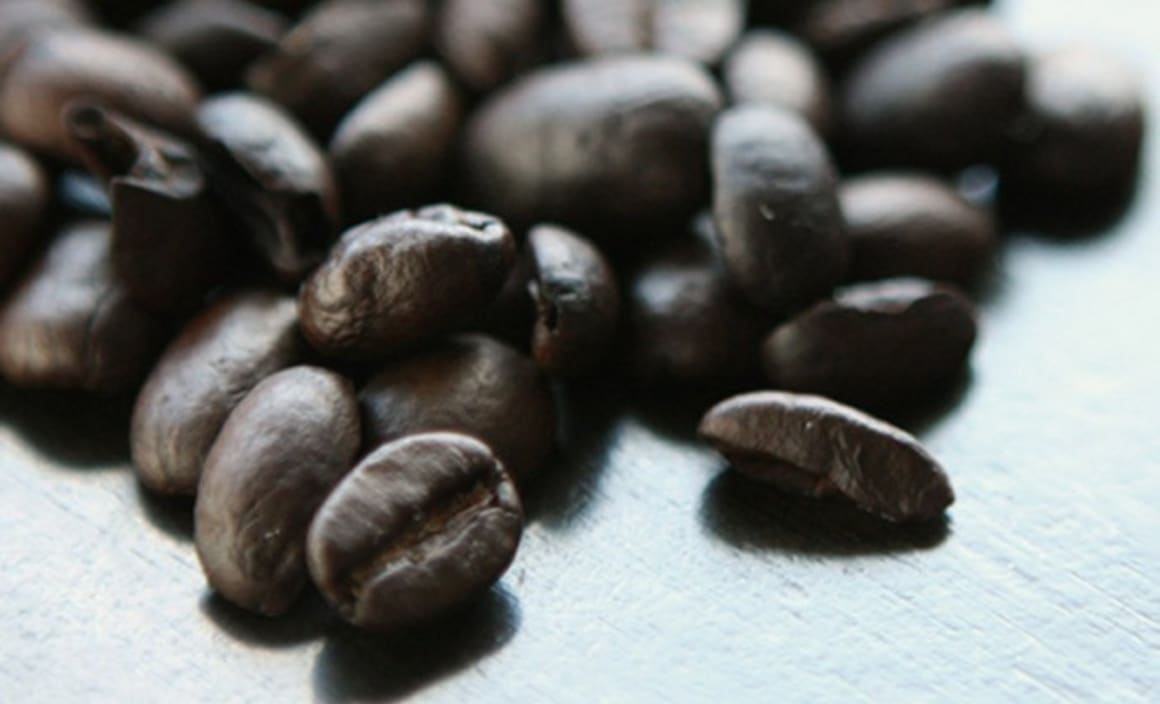Rich List family behind Australia’s 7-Eleven snaps up Starbucks

The wealthy family behind Australia’s 7-Eleven convenience stores, the Withers, have scooped up the 24 struggling Australian Starbucks stores for an undisclosed sum.
Russell Withers and his family, who were last year estimated to be one of the country’s richest families with a worth of $725 million, brought the US 7-Eleven convenience chain to Australia in 1977 and are now set to add the sluggish Starbucks franchise to their books.
While the coffee chain might be seen as an international success story, the business has always struggled to secure an Aussie fan base since opening in Sydney in 2000, due in large part to the success of Gloria Jeans, McDonald’s McCafe outlets and independent coffee shops.
In July 2008, Starbucks cut back its local operations, closing 61 of its 85 stores and letting go of more than 650 staff.
Withers Group chief executive Warren Wilmot said in a statement the company planned to turn Starbuck’s fate around by focusing on company-owned, rather than franchised stores.
“Our aim will be to make Starbucks the most successful coffee chain in Australia," said Wilmot.
"Our intention is to capitalise on the skills of the broader Withers group of companies in successfully bringing an international brand to Australia, and adapting it to suit the local market," he said.
Russell Withers owns the Australian rights to 7-Eleven, Australia's largest convenience and independent petrol retailer, with his sister Bev Barlow.
Their grandfather, George Withers, purchased his first grocery store in 1913.
The Withers Group plans to rebuild Starbucks' local standing by opening company-owned stores in close proximity to its existing 600 7-Eleven outlets, starting with CBD and metropolitan areas.
The director of the Franchise Advisory Centre, Jason Gehrke, told SmartCompany the Withers Group has the franchise infrastructure to reverse Starbuck’s lack of local success.
“The franchise infrastructure they have in Australia is vastly greater than what Starbucks currently had as a 24 store chain,” says Gehrke.
“When it scaled back its operations in Australia it vastly eroded its capacity to develop here,” he says.
Gehrke says he believes the Withers Group will review its decision not to franchise the brand in the future.
“What I would want to do in the first incidence of acquiring a business, is look to consolidating it, rather than change it,” he says. “I would never say never with franchising it though.”
Gehrke says other international coffee chains such as Gloria Jeans have been successful because of their willingness to adapt to the local market.
“Gloria Jeans knew and understood the Australian palette for coffee and the difference between the US palette for coffee,” he says.
“Starbucks failed to adequately adjust their offering to suit the Australian palette.”
He also says the location and size of Starbucks’ ‘lounge’ style stores were too ambitious to substantiate its smaller volume of customers.
Gehrke says Australian 7-Eleven operations have been a leader in the global innovation of the brand.
“The Withers have the potential to bring the same success and innovation to this new global brand,” he says.
This article first appeared on SmartCompany.